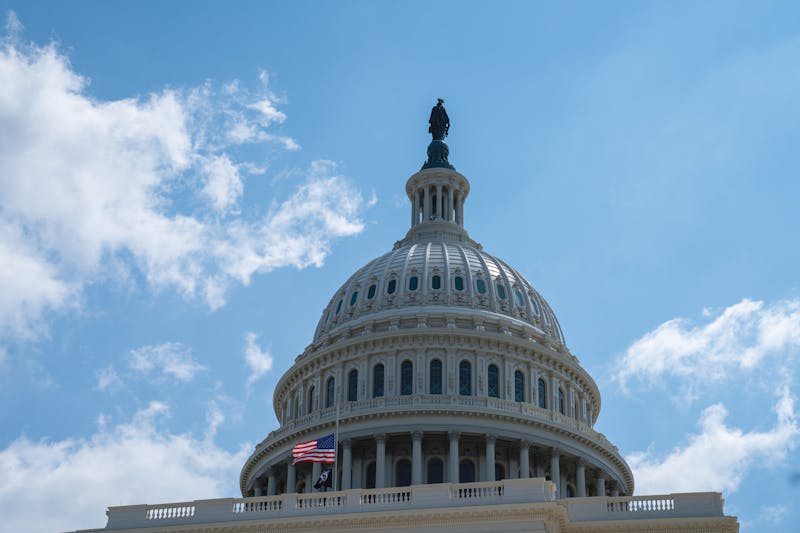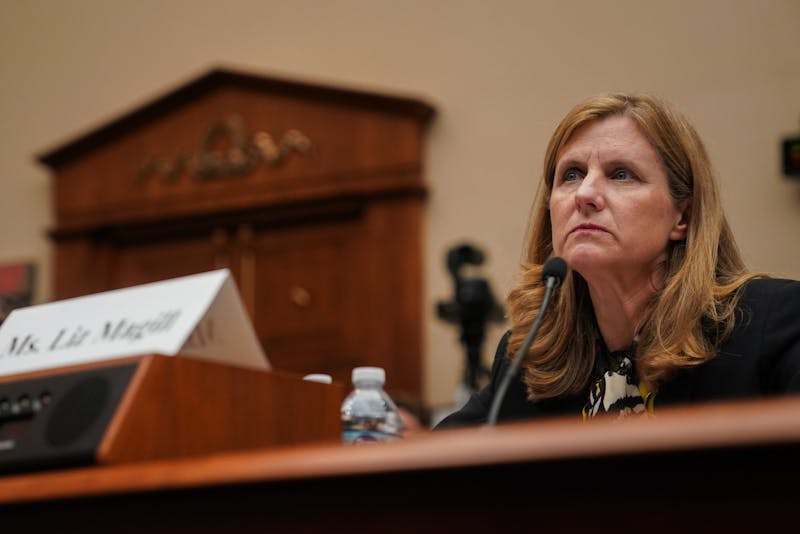
Penn faculty members expressed concerns about recent changes to the University’s diversity, equity, and inclusion policies and programs in interviews with The Daily Pennsylvanian.
In the past two weeks, Penn’s four undergraduate and 12 graduate schools have scrubbed references to DEI from their respective web pages and initiated revisions to longstanding University policies. The changes were made in response to a Jan. 20 executive order from 1968 Wharton graduate and President Donald Trump that required universities that receive federal funding — such as Penn — to terminate any DEI programs.
In a statement to the DP, English professor David Kazanjian criticized the DEI-related policy changes that Penn has instituted. He noted that Penn’s peer institutions are “noticeably less eager to help the Trump administration” and that Penn’s “anticipatory compliance” only serves to hurt students, staff, and faculty.
“I view this as yet another example of Penn’s eagerness to do the bidding of a few powerful individuals well in advance of any real requirement to do so and entirely in violation of Penn's stated principles,” Kazanjian added.
C. Edwin Baker Professor of Media Policy and Political Economy and Co-Director of the Media, Inequality & Change Center Victor Pickard said that he found it “troubling how quickly Penn has seemingly surrendered to the Trump administration’s bullying.”
Kazanjian and Pickard’s sentiments were echoed by School of Veterinary Medicine professor Andrew Vaughan, who said he was personally “very disappointed” by Penn’s “proactive response” to recent federal actions. He added that Ivy League universities — and academia in general — are “already a target.”
“This sort of whitewashing of some of these DEI initiatives I don’t believe is going to make us any less of a target and only weakens and tarnishes our image,” Vaughan said.
He added that it was “really discouraging” for members of the Penn community who “felt like Penn had their back” to witness the University’s “readiness to just get rid of these things.”
“I don’t envy leadership who are having to make these decisions right now, but I’ll just say that it does not look very good from the outside,” Vaughan concluded.
Vice Dean of the Annenberg School for Communication Emily Falk, who also serves as the director of the Climate Communication Division of the Annenberg Public Policy Center, wrote about the necessity of diverse teams in educational environments.
“The recent changes in DEI policy are designed to push scientists like me to remove considerations on how to build inclusive teams [and] eliminate ways to make our findings relevant to broad groups of people,” Falk wrote. “[They] will undermine progress at every level.”
Advocacy for Racial and Civil Justice Clinic Director and associate Law professor Cara McClellan said that Trump’s executive order was a “disruption of what the law has been for at this point, six decades, under prior executive orders.” McClellan characterized the action as an attempt to “redefine what is discrimination” and “chill efforts to create a more inclusive environment.”
McClellan added that she believes the new policies reinforce false ideas of merit and access in the Penn community and beyond, referencing the Dear Colleague Letter — which she said denies the existence of structural racism — released by the Department of Education on Feb. 14 and the Trump administration’s executive order.
“All of these are an attempt to perpetuate this narrative that people of color and women are less able and less deserving of access, and that a status quo in which spaces are reserved for elite white male applicants is a status quo that is a meritocracy, when we know that’s not the case,” McClellan said.
McClellan also noted that she thinks the executive order imposes requirements on curricula that prohibit “honest discussions of history,” and attempts to “indoctrinate students and public schools” into not having honest information about structural racism.
Staff reporter Sameeksha Panda contributed reporting.
The Daily Pennsylvanian is an independent, student-run newspaper. Please consider making a donation to support the coverage that shapes the University. Your generosity ensures a future of strong journalism at Penn.
Donate












